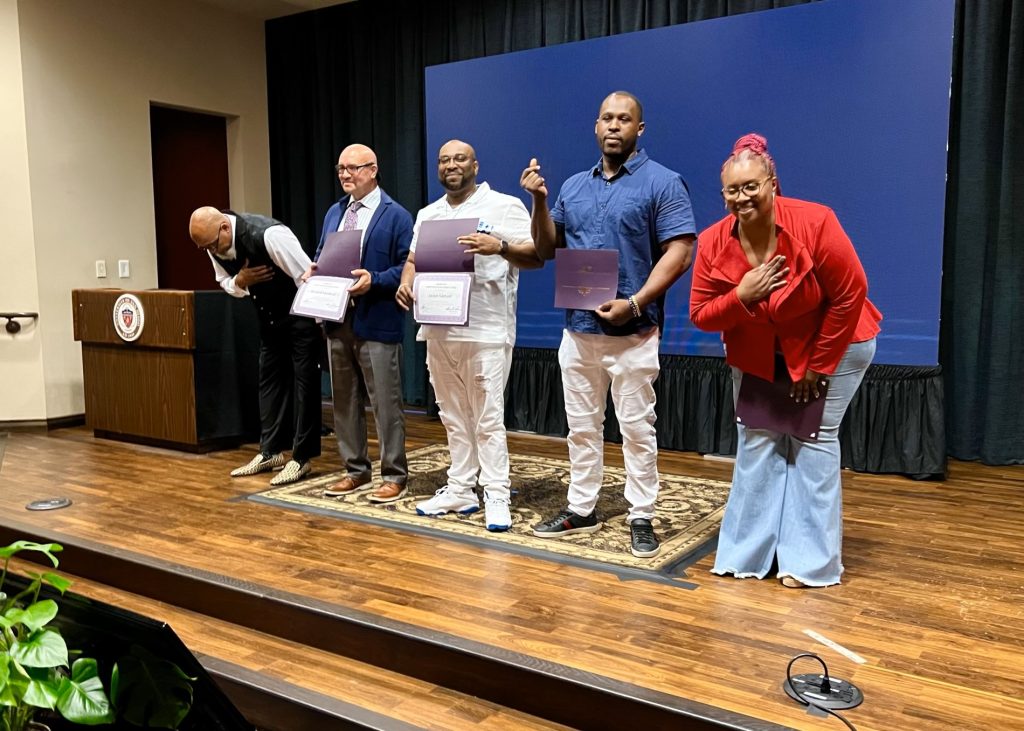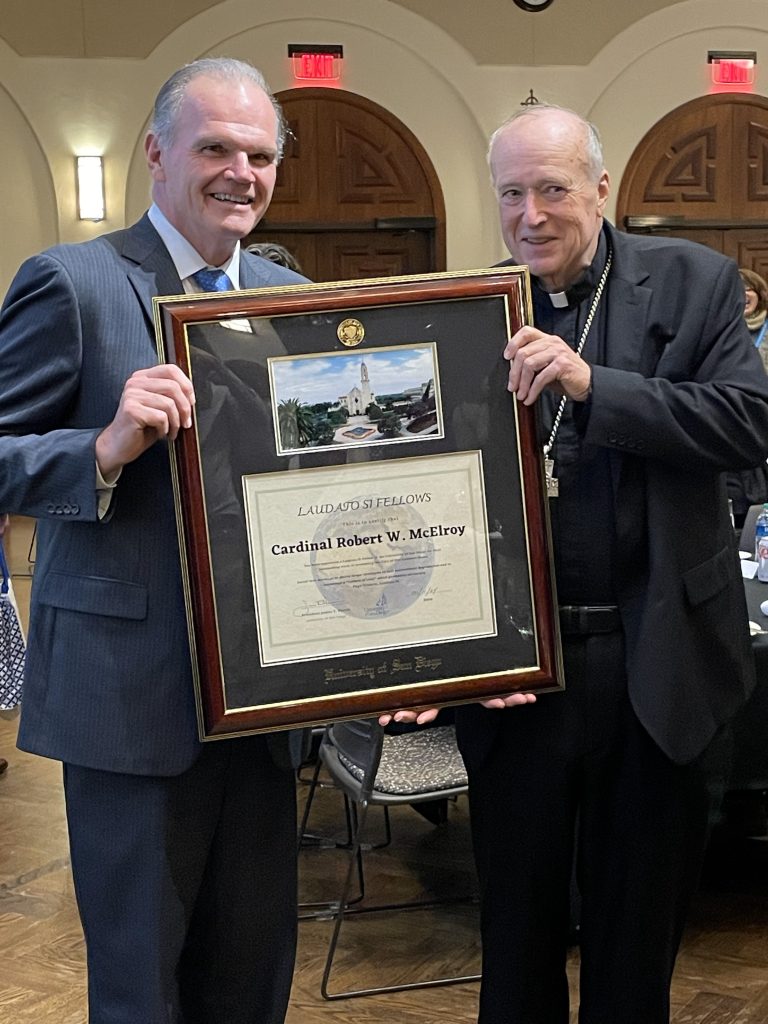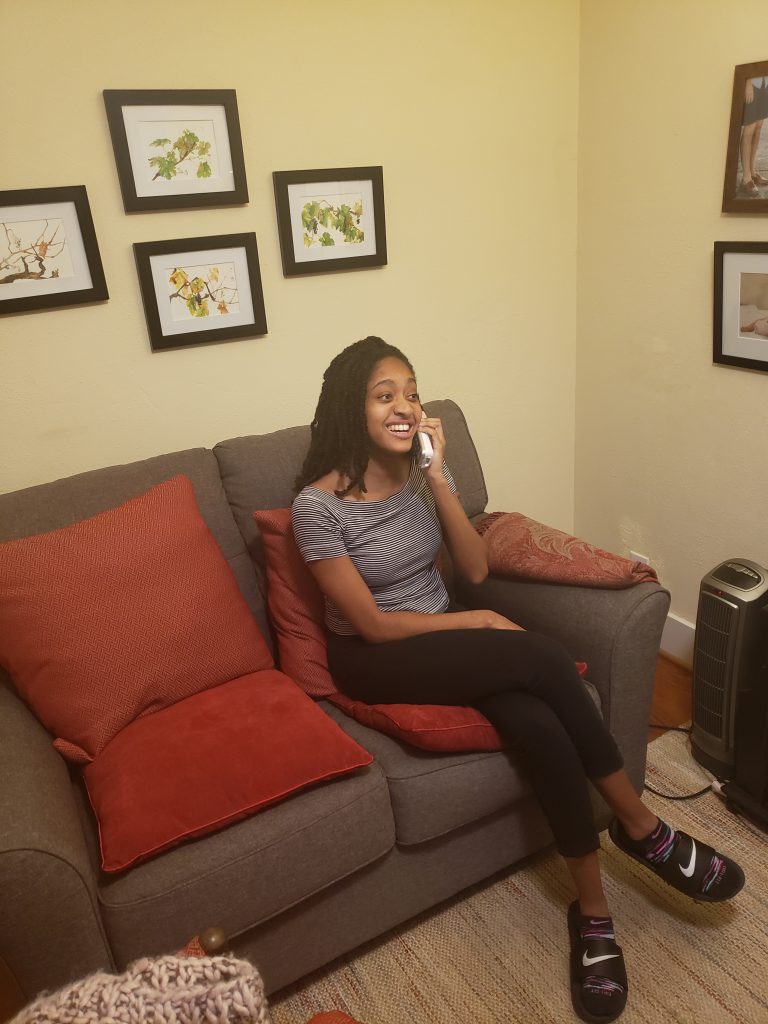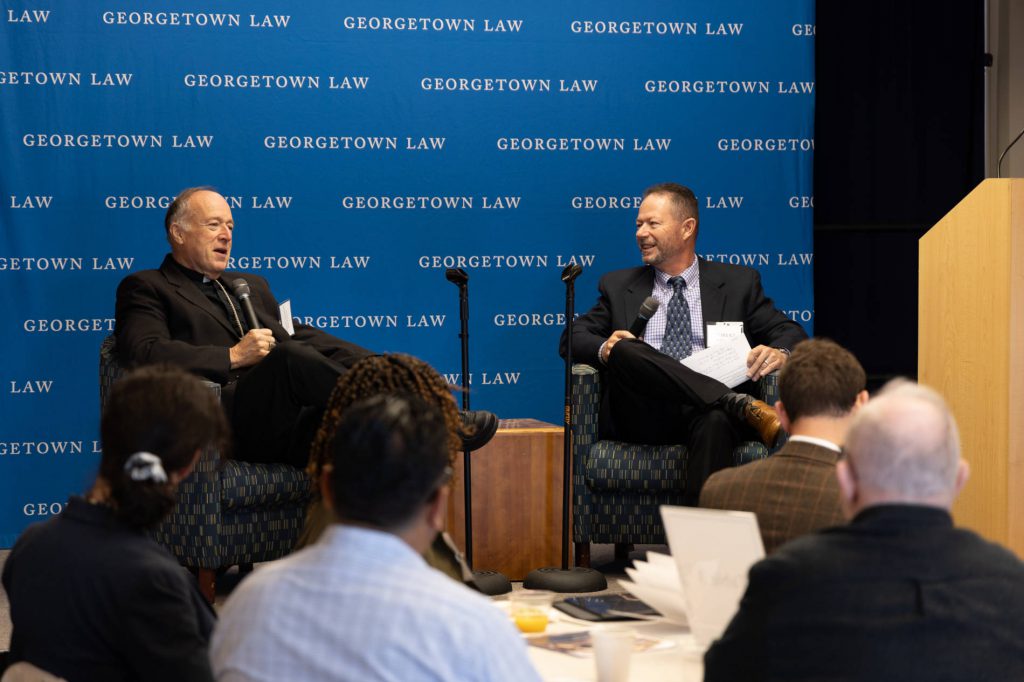SAN DIEGO — Austin Galy knows how it feels to pursue educational and career opportunities with a criminal record.
“It’s just sort of a stigma that follows you,” he said, referring to the failed background checks and job rejections that dog the formerly incarcerated.
Originally from Atlanta, Galy grew up in a home where domestic violence was prevalent. He was arrested multiple times for a variety of reasons, between age 13 and 19, serving sentences in juvenile hall and county jail that ranged from a few weeks to several months.
After a stint in the Air Force, he moved to San Diego for a fresh start.
He earned a bachelor’s in Sociology and a master’s in Peace and Justice Studies at the University of San Diego, where he now serves on staff in a role that allows him to help others who come from similar backgrounds.
Galy is senior director of Student Social and Economic Mobility at USD’s Mulvaney Center for Community, Awareness and Social Action.
In that capacity, he assists students from marginalized communities to navigate the ins and outs of higher education. They include those from lower socio-economic backgrounds, the undocumented, and the formerly incarcerated.
With Janelle Brown-Peters, he is also the co-founder of Torero Urban Scholars, a program for USD students who are either formerly incarcerated or “justice-impacted” as the result of an immediate family member’s incarceration.
There are currently 16 students enrolled in the program, which began in 2022.
Brown-Peters said that most tend to be graduate students, rather than undergraduates, and they reflect a wide range of academic disciplines, including Sociology, Peace and Justice Studies, Education and Business.
“Their stories are so different,” she said, contrasting those who were incarcerated as juveniles vs. as adults, and those who were sentenced to “a couple of years” behind bars vs. those who spent decades in state correctional facilities or federal prisons.
Speaking with The Southern Cross on Sept. 6, Galy said that he had met earlier that day with a 19-year-old and a septuagenarian — both of whom are currently Torero Urban Scholars.
“(The program) covers quite a wide swath, which is kind of beautiful in a way,” he said.
Torero Urban Scholars was modeled after programs like Project Rebound and the Underground Scholars Initiative, which are offered at schools in the California State University and University of California systems, respectively.
Brown-Peters said three “pillars” support the program. These are providing training for USD faculty and staff on how best to accommodate formerly incarcerated students; student support, including financial aid, scholarships and career development; and a transfer pipeline, through which USD works with its community college partners to identify and connect with potential transfer students.
The program fosters a sense of community among participating students by hosting a “welcome back” event at the start of the academic year, holiday activities, social outings, and workshops on financial literacy, mental health and other topics.
Galy said that the program also provides advocacy and problem-solving.
“Because of the stigma that follows our community, we have to do a lot of advocating for our students, hence the training that we ask faculty and staff to come to,” he said.
Also, the students’ circumstances “can shift on a dime,” he said. As an example, a student might find himself homeless “all of a sudden” and having “a really hard time getting approved to have an apartment.” Then, the program can spring into action, helping that student to find a place to live.
For both Galy and Brown-Peters, the program’s mission hits close to home.
Along with his own experience of incarceration, Galy said that many among his own family and friends have been “in and out of the system.”
“It seems like almost every other person I know growing up was incarcerated or continues to be impacted by it,” he said. “So, (this issue is) very, very near and dear to me personally.”
Though Brown-Peters herself has never been incarcerated, she too can empathize.
She grew up in a Southeast San Diego neighborhood and, like Galy, many of her friends and neighbors were incarcerated.
“(My father) was in and out of the system my entire upbringing,” she said.
Her husband has been in prison since 2006, and she is hopeful that he will be released next year.
Galy acknowledged that formerly incarcerated and justice-impacted students tend to have “more needs than the average incoming students out of high school.” He noted that many have full-time jobs, young children, or “extenuating circumstances.”
But such students also bring “so many assets and strengths” to campus, he said.
Dr. Robert Ehnow, director of the diocesan Office for Life, Peace and Justice, who is himself formerly incarcerated, met Galy and Brown-Peters at USD when he was working on his doctorate, and they were earning their master’s degrees.
He described the Torero Urban Scholars program as “really transformational, not just for the students that are involved, but … for the entire community.”
Galy agrees.
“We tend to be viewed from a deficit lens rather than for all the resiliency, and the wisdom, and lived experience that we bring,” Galy said of students in the program. “You put any one of our students in a Sociology classroom, you might as well pay them a professor fee because they could teach the class when it comes to criminal justice or juvenile delinquency.”
“I think it’s such a gift to be able to have us in a classroom,” he continued, “because we bring so much lived experience to the theory.”
Ryan Shipley, 41, is among the current crop of Torero Urban Scholars.
As a child, he was prescribed stimulants to manage attention deficit hyperactivity disorder (ADHD). He recalled that it was “a natural progression” from these to the “street drugs” that he started using after high school.
“From there, I ran into trouble with the law pretty much the entire first half of my life,” he said.
In 2014, he was sentenced to 10 years in prison and 10 years on supervised release on charges related to drug distribution.
Now clean and sober, Shipley was released from prison on July 27, 2022. This December, he is on track to earn an Interdisciplinary Certificate in Trauma Awareness and a Restorative Justice Facilitation Certificate. Next May, he expects to receive his master’s in Peace and Justice Studies.
After that, he hopes to attend law school.
“Torero Urban Scholars is really what started it all and allowed me the open door to allow my talents, and my skills, and my life experience to make a difference,” said Shipley. “It really makes it feel like I went through all that for a reason, and I can use that as my greatest asset instead of my biggest shortcoming.”
From Shipley’s perspective, the Torero Urban Scholars program provides “an opportunity to prove yourself, and work hard, and be a part of an amazing school, and make a difference.”
“That’s all anybody can ask for, I guess.”
For more information, visit sandiego.edu/torero-urban-scholars.









